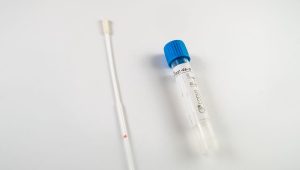Cancer patients frequently face a range of side effects and incidental effects from therapies like chemotherapy and radiation. One huge issue numerous cancer patients experience is a deficiency of appetite, which can prompt unhealthiness, weight reduction, and diminished energy levels, further confounding their general wellbeing and therapy results. Ongoing examinations and narrative proof propose that delta 8 thc flower might offer a promising answer for this issue by further developing appetite.
How Delta-8 THC Flower Stimulates Appetite
Delta-8 THC has been shown to bind to the CB1 receptors in the ECS, principally situated in the mind and focal sensory system. At the point when they are enacted, these receptors can animate appetite by affecting regions of the mind engaged with craving and food admission. For cancer patients, this feeling can be especially useful as it neutralizes the appetite-smothering impacts of cancer therapies.
Benefits beyond appetite stimulation
As well as further developing appetite, it offers different advantages for cancer patients. It has been accounted for to have antiemetic properties, meaning it can assist with diminishing queasiness and retching, normal symptoms of chemotherapy. By easing these side effects, patients might track down eating more sensible and agreeable, further supporting nourishing admission and recuperation.
Safe Usage and Considerations
While delta 8 thc flower shows guarantee, it is fundamental for cancer patients to talk with their healthcare suppliers prior to integrating it into their therapy routine. Legitimate dosing and observation are pivotal to guaranteeing security and adequacy. Also, obtaining Delta-8 THC from legitimate providers means quite a bit to ensure item quality and virtue.
Delta-8 flower offers an expected regular solution for appetite misfortune in cancer patients. By stimulating appetite and lessening queasiness, it can fundamentally improve the personal satisfaction of those going through cancer therapy. As examination proceeds, Delta-8 THC might become an important part of strong consideration in oncology, assisting patients with maintaining better sustenance and, generally speaking, wellbeing.










